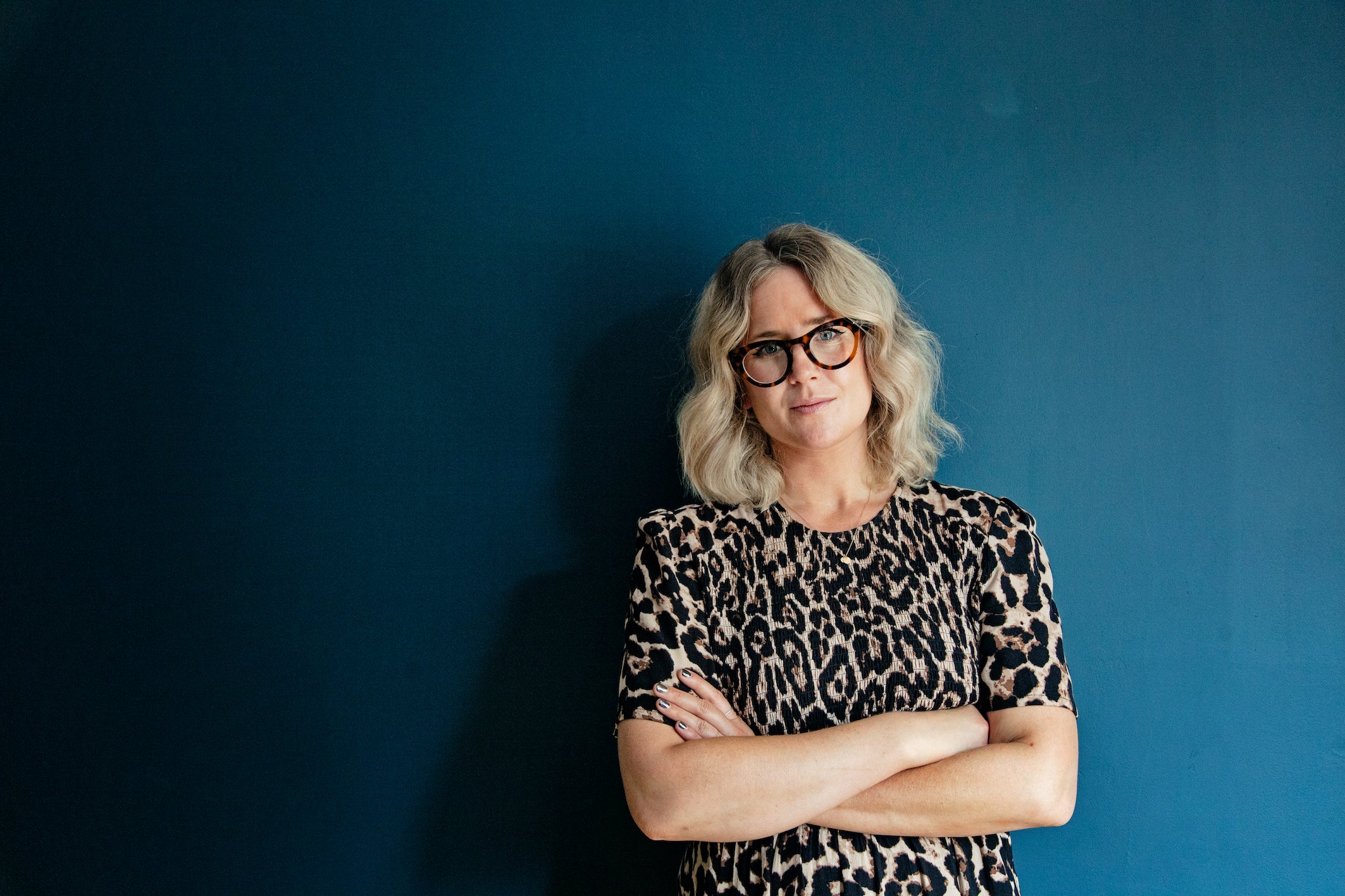Mother Pukka: I asked to leave early to pick up my child. ‘Sorry,’ said my boss, ‘it’ll open the floodgates’
As women, as mothers, in 2023 we are still being held back by an inflexible work model that was born from the industrial revolution, writes Mother Pukka founder Anna Whitehouse


Your support helps us to tell the story
From reproductive rights to climate change to Big Tech, The Independent is on the ground when the story is developing. Whether it's investigating the financials of Elon Musk's pro-Trump PAC or producing our latest documentary, 'The A Word', which shines a light on the American women fighting for reproductive rights, we know how important it is to parse out the facts from the messaging.
At such a critical moment in US history, we need reporters on the ground. Your donation allows us to keep sending journalists to speak to both sides of the story.
The Independent is trusted by Americans across the entire political spectrum. And unlike many other quality news outlets, we choose not to lock Americans out of our reporting and analysis with paywalls. We believe quality journalism should be available to everyone, paid for by those who can afford it.
Your support makes all the difference.The day I married my husband, I thought it was the best day of my life. I hadn’t prepared for the moment that every day started to feel the same – a seeming Truman show – existence punctuated with “have you seen my keys?”, “what time are you home?” and, “I think we’ve run out of cereal”.
Motherhood is hard. It’s the best thing that I have ever done, but at times it has felt like the worst too. I’m the happiest I have ever been but at times also the saddest. I am the most broken that I have been but also the most complete. Motherhood is both extraordinary and ordinary. It’s overwhelming and underwhelming. Both things can be true at once.
Before becoming a mother, I hadn’t accounted for losing a child, losing my mind, losing my way. I hadn’t prepared for “good enough” when happily ever after was being touted as the ultimate prize.
I certainly hadn’t prepared for how incredibly caged and inflexible work would be when I first returned after my maternity leave. That fateful day, after too many late fines from the nursery, too many sad eyes from my child when I was the last parent there. I asked my boss if I could change my hours by just 15 minutes. I wanted to start 15 minutes earlier and leave 15 minutes earlier to make it to the nursery in time.
“I’m sorry, Anna, we can’t; it would open the floodgates.”
That was the day I left, and today, we continue to battle against the grain to breathe flexible working and greater equality into motherhood and working.
There have been incredible wins. The four-day week trial has been hailed as a success. Positive results included improved mental and physical well-being, with 39% of employees being less stressed, and 71 per cent having reduced levels of burnout at the end of the trial.
However, there’s a lot more to be done. The reality is that many more women than men work part-time when they become parents. Women are more likely to be primary child carers, certainly in the first few years compared to men. But opting to work part-time to look after family results in the mothers’ career progression effectively being brought to a halt as research from Working Families shows that employers appear to place greater value on the ability to work full-time.
Parents who work part-time have around a one in five chance of being promoted within 3 years compared to full-time workers who have nearly a one in two chance of promotion within the same time frame. Working Families found through their research that the average mother waits two years longer for promotion than the average father.
As women, as mothers, in 2023 we are still being held back by an inflexible work model that was born from the industrial revolution. Women are facing a 45 per cent pay penalty in the six years after having children, and needing to work fewer hours to make work work plays a big role – it was part-time workers who suffered a bigger reduction in wages.
We need more companies to embrace flexible working. Just one in four companies are advertising flexible working today, and it’s this lack of opportunity to work flexibly that can result in a greater push towards part-time working. If we can flex our work, then mothers can adapt their job around their caring responsibilities and be promoted and celebrated in their careers.
That is what we need to see, a greater top-down adoption of flexible working, one that wouldn’t have pushed me out of the workforce for needing to leave 15 minutes early.
As women and mothers, in 2023, we are continuing to be punished by an inflexible world, but the tide is changing, and we will continue to campaign for change.
Anna Whitehouse is an author, presenter, and founder of Flex Appeal – a national campaign encouraging flexible working conditions
Join our commenting forum
Join thought-provoking conversations, follow other Independent readers and see their replies
Comments